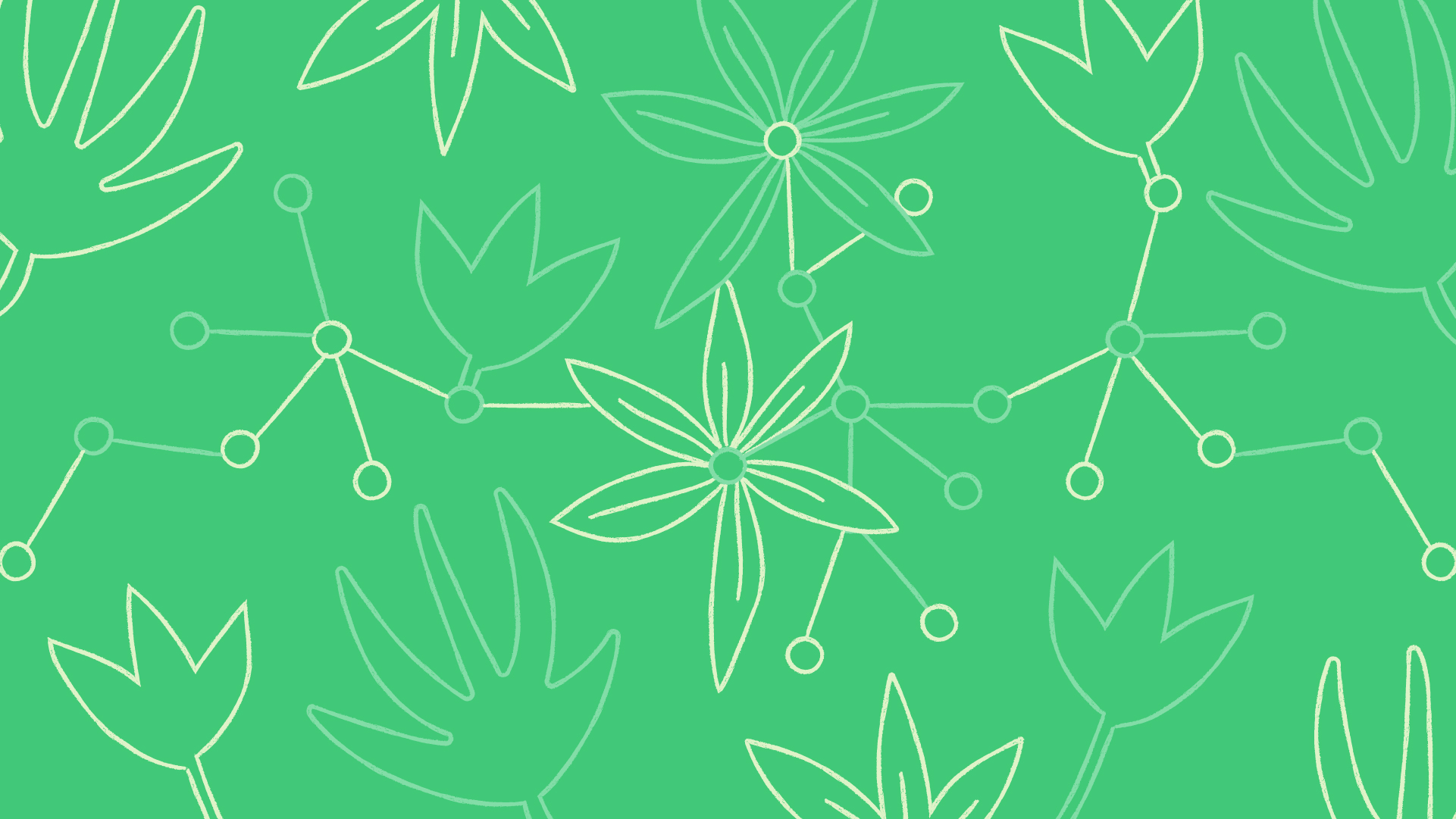
Neurodiversity Celebration Week: An Introduction to Neurodiversity
What is Neurodiversity?
Neurodiversity is probably a term that you keep hearing about, but might not have a lot of background knowledge. Simply put, neurodiversity describes the concept that there is a certain percentage of the population whose brains are quite different from the others (the term neurotypical refers to people with the more prevalent cognitive functioning.) These differences are normal rather than deficits.
Neurodivergent people experience, interact with and interpret the world in unique ways.
What Falls Under the Nuerodiverse Umbrella?
Autism Spectrum, AD(h)D, dyslexia, dyspraxia, dyscalculia and dysgraphia fall under this larger spectrum. The world is only just starting to understand the how’s and why’s regarding identifying and understanding these areas – which also often cross over each other in the same individual. There is new research every day in this fascinating area of study.
The term neurodiversity was coined in a paper presented by Australian sociologist Dr Judy Singer in 1998. Her work as a neurodiversity pioneer has ignited the greater conversation around the idea that societal influences are one of (if not, the) main obstacles for those who think differently.
What’s Neurodiversity Celebration Week About?
This week is about celebrating neurodevelopmental differences positively as well as continuing to build awareness and acceptance. This week represents positively embracing this growing movement and as a result, changing the thought that anything atypical isn’t normal. Different thinking isn’t wrong or bad – just different. All children can benefit from learning about neurodiversity, supporting acceptance, social awareness and encouraging each child to be themselves.
Everyone is unique, with their own challenges and strengths. Being neurodiverse should be seen as having a special set of ‘diff-abilities’!
“The key significance lies in seeing our most taken-for-granted assumptions: that we all more or less see, feel, touch, hear, smell, and sort information in more or less the same way, are being dissolved.”
Dr Judy Singer
To keep working towards an inclusive society that’s accessible to everyone, grown-ups and kids can contribute by challenging those assumptions. In other words, recognizing and acknowledging some brains are different is what Neurodiversity Celebration Week is about!
For continued learning, watch Learning How Different Kids Think with Dr Judy Singer & Dr Lawrence Fung, Director of the Stanford Neurodiversity Project.